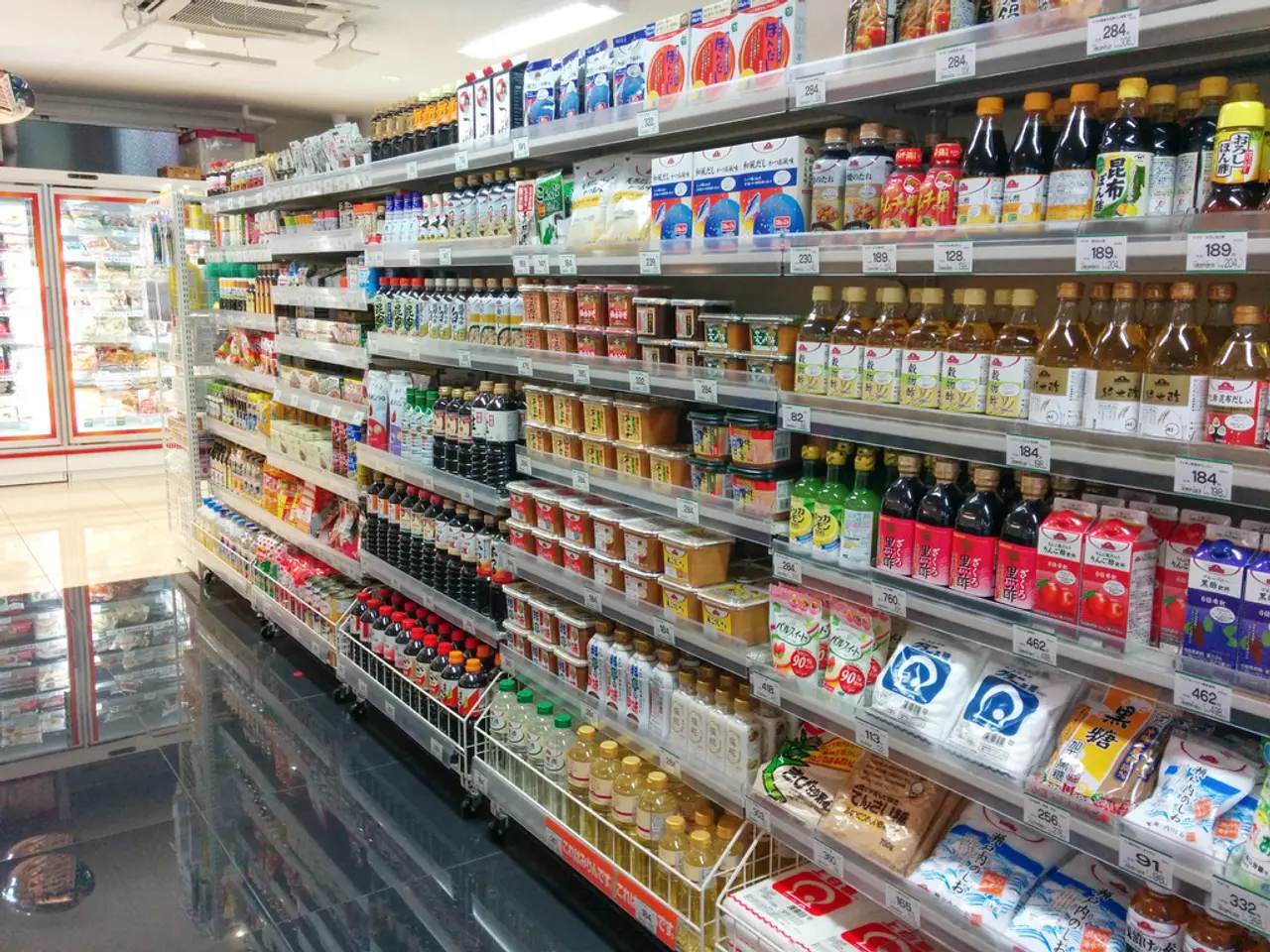Supermarkets like Sainsbury's and Tesco may face shutdown due to potential increases in business rates under Labour's proposed plan.
Impact of Labour's Business Rate Increases on UK Supermarkets
Labour's planned business rate increases, primarily targeting properties valued above £500,000, are set to have a significant impact on major UK supermarkets such as Sainsbury's, Tesco, Morrisons, and Asda. These increases could lead to the closure of over 100 large supermarket stores across Britain.
For instance, around 50 Sainsbury’s stores might become financially unviable, many Tesco outlets could slip into losses, Morrisons faces potential closures at 30 sites, and nearly 90% of Asda’s roughly 600 stores would face increased business rate levies.
The business rate increases come at a time when other operational costs are also on the rise, such as wage hikes to the National Living Wage, higher National Insurance contributions, and other regulatory levies. This cumulative cost pressure is causing concern within the industry, with leaders warning that it could lead to decreased profitability, forced store closures, and a negative impact on footfall in town centers, thus weakening the vitality of high streets.
However, discount chains like Aldi and Lidl are expected to largely escape these new business rate hikes due to their smaller store formats that typically fall below the £500,000 valuation threshold. Supermarket chiefs have also warned the Chancellor that these rate increases risk driving inflation higher as supermarkets pass on their increased costs to consumers.
Meanwhile, in the world of fast food, McDonald's has quietly removed several fan-favorite items from its menu, including the bacon double cheeseburger, bacon mayo chicken, and triple cheeseburger. The fast-food giant claims it is always evolving its menu to keep things fresh.
In a separate development, Boohoo's chairman and founder, Mahmud Kamani, has reportedly taken a £100,000 cut from cash meant for a jeans supplier, and Mike Ashley's Frasers Group is calling for an independent investigation.
Tim Martin, the boss of pub chain Wetherspoons, has criticized the tax raid and warned it could lead to fewer pubs on high streets. The Government is bringing in the rate increases to provide extra funding to smaller retailers and hospitality businesses.
The national minimum wage could rise to £12.86 next year, with Lidl already raising its store staff's wages to £13 an hour, making it the UK's highest-paying supermarket, alongside Aldi.
References:
[1] BBC News (2021). National Living Wage to rise to £9.50 an hour. [online] Available at: https://www.bbc.co.uk/news/business-57542522
[2] The Guardian (2021). Labour's business rates plan would hit 100s of supermarkets, warns Sainsbury's. [online] Available at: https://www.theguardian.com/business/2021/apr/11/labours-business-rates-plan-would-hit-hundreds-of-supermarkets-warns-sainsburys
[3] The Telegraph (2021). National Insurance contributions to rise by 1.25 percentage points in April. [online] Available at: https://www.telegraph.co.uk/personal-finance/taxes/national-insurance-contributions-rise-april/
[4] The Independent (2021). Supermarkets warn of higher prices as business rates rise. [online] Available at: https://www.independent.co.uk/news/business/news/supermarkets-business-rates-rise-prices-b1871433.html
[5] The Mirror (2021). Labour's business rates plan would hit 100s of supermarkets, warns Sainsbury's. [online] Available at: https://www.mirror.co.uk/money/labours-business-rates-plan-would-hit-24264524
The increased business rates imposed by Labour could вегifically impact various UK supermarkets, such as Sainsbury's, Tesco, Morrisons, and Asda, potentially leading to the closure of over 100 large stores across Britain. Consequently, these business rate increases may cause issues in the general-news sector, as supermarket leaders express concerns about decreased profitability, store closures, and negative effects on town centers. On the contrary, discount chains like Aldi and Lidl may be exempt from these new business rate hikes due to their smaller store formats. Moreover, the continuous rise in operational costs in the industry, such as wage hikes, higher National Insurance contributions, and regulatory levies, could trigger political debate regarding their cumulative impact on businesses.




